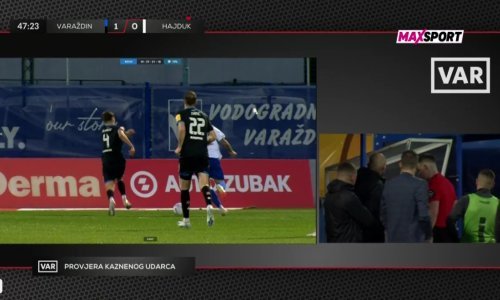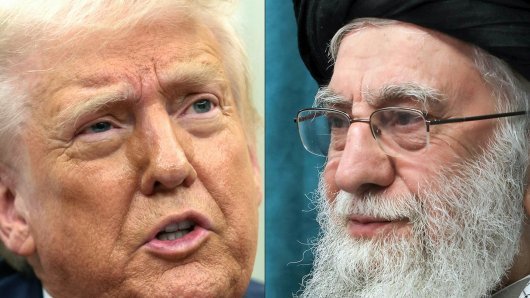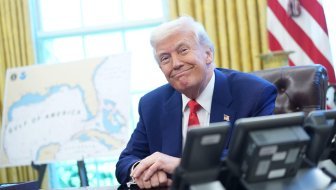Croatia's membership in the European Union will mean the country's participation on an equal footing in decision making and in policy creation in the Union as well as access to the 500-million-consumer market and higher funds for structural development, and Croatia should be prepared for that as time is running, the head of the European Commission's Delegation to Zagreb, Ambassador Paul Vandoren, said on Thursday.
Participating in decision making and policy creation is both a challenge and a chance for Croatia, the diplomat said at the inauguration of the "EU Executive Programme" at the Vern polytechnics in Zagreb.
He called on the Croatian government to create favourable conditions for doing business and for attracting investments.
Foreign Ministry State Secretary Andrej Plenkovic expressed hope that Croatia would wrap up its accession negotiations with the European Union by the end of Hungary's presidency over the Union, that is by the mid-2011, and that it would enter the bloc in 2012 or 2013.
In response to questions whether Croatia's status in the EU would be similar to Puerto Rico's status in the United States, Plenkovic said that Croatia would be an EU member equal to other members in the bloc and that Croatia would have its representatives in all EU agencies, with Croatian being treated as the 24th official language in the EU.
Dismissing criticism about poor Croatian absorption capacity when it comes to EU funds, he said Croatia had used between 85 and 90 percent of pre-accession EU funds.



































